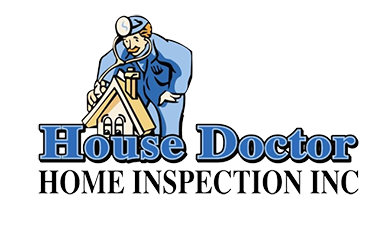1. New Homeowners Should Get the Property Properly Insured
Your mortgage lender will require you to purchase homeowners insurance. Purchase a policy that will cover your property in the event of a total loss. While we hope floods, fire, and natural disasters don’t strike, it’s important to be prepared with the insurance you would need to purchase or build a new home.
2. Useful Tips for New Homeowners Include Creating a Document Binder
A lot of documentation and paperwork is involved in purchasing a home. Don’t throw them away or simply keep them in a drawer disorganized. Create a binder to file important paperwork associated with your property. Keep mortgage information and a copy of your home insurance policy on hand. Include warranties and manuals for your appliances, as well as receipts for home improvement projects. Contracts for repairs and receipts will help with the appraisal of your home should you decide to sell it in the future.
3. Make a Plan for Improvements
Unless your property is not livable, do not start on any major projects immediately. A bathroom or kitchen remodel is a big undertaking that can affect your comfort in your new home. Instead, live in the house for several months to gauge whether or not you really want to remodel. Waiting will help you determine what projects are most important. You may learn that you actually like the bathroom as it is and would prefer to build a backyard deck.
4. Finish Projects One at a Time
When choosing to make upgrades, complete one project at a time. Several renovations and improvements occurring at once will cause stress, make your home unlivable, and get expensive. Working one task at a time allows you to focus on the specific project and maintain your budget.
5. Tips for New Homeowners: Hire Professionals
If you’re not an experienced DIYer, hire a professional contractor to do the work for home improvements. There are some repairs and improvements that can be done on your own, however, hiring a professional for more difficult projects is always a good idea.
6. Learn How to Identify Problems
One of the most important things for homeowners is to learn how to detect issues before they become a major problem. This is especially necessary if you’ve purchased an older home. Learn about the signs of roof leaks, basement leaks, foundation issues, and grading and drainage issues. You’ll know when to call a professional and can prevent minor problems from becoming more severe.
7. Find the Water Shut-Off
Finding a flood due to a plumbing leak in your home is stressful. If you don’t know where your water shut-off is, the flooding will continue. Before an emergency occurs, find the main shut-off valve. The water valve may be located on an inside wall on the side of your home nearest the road. It can be underground, on an exterior wall, or in cooler climates, the water valve is typically found in the basement. It’s a great idea to turn your water off before leaving for vacation to prevent flooding in case of a busted pipe while you’re away.
8. Tips for Homeowners: Meet Your Neighbors
Meet your neighbors and store their contact information so that you can help each other out and communicate about important issues in the neighborhood.
House Doctor Home Inspection offers inspection services in Rhode Island. Contact us to request an appointment.

